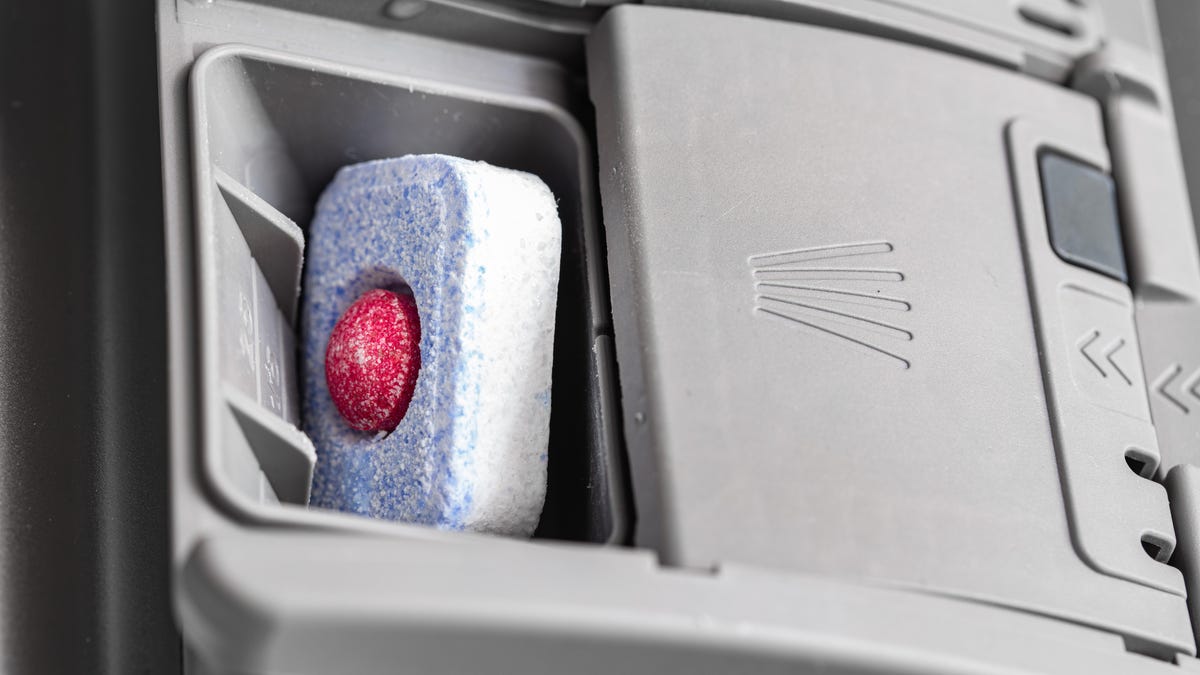Is It Safe to Buy and Sell on Gift Card Exchanges?
After the holidays, store gift cards can sit in your wallet, unbothered for months—indeed, at any given time, between 10-19% of gift card balances remain unredeemed, and six percent of gift cards are never even used, according to The...


After the holidays, store gift cards can sit in your wallet, unbothered for months—indeed, at any given time, between 10-19% of gift card balances remain unredeemed, and six percent of gift cards are never even used, according to The Hustle. Fortunately, you can sell these cards for actual cash on reseller sites. But are gift card exchange sites safe?
How gift card exchanges work
You can buy or sell gift cards on gift card exchange websites, which act as brokers between buyers and sellers.Basically, you post a listing for the gift card you want to sell, and as part of this listing you submit the card’s number and PIN, which is verified by the site. The actual exchange is mostly digital, but it can include mailing physical cards, with the reseller acting as the middle man.
You’ll never sell a gift card for 100% of its value, however, as the broker takes a small percentage and buyers will expect some sort of discount (otherwise they’d just buy gift cards directly from retailers). But while you lose some value, you’re also getting cash that can be spent anywhere, not just in one store. Plus, the loss in value is better than not using it at all—if you haven’t used the card within 180 days, you’re more likely to not redeem the card at all, according to a Paytronix report.
How much you can earn also depends on the popularity of your gift card and how many are on the market. A $100 Amazon or Visa gift card will have more demand, for example, than, say, a $100 Arby’s gift card. Expect to earn between 50-92% of a card’s value, depending on market demand.
G/O Media may get a commission
A word of caution
Avoid the temptation to sell your cards on your own using eBay or Facebook, as it’s too easy to get scammed without a third-party broker. Instead, use only the most established gift card sites that offer customer support, like CardCash, GiftCash, and Raise. You can start with GiftCardGranny.com, which is an aggregator that compares offers from other reseller websites.
However, even these larger sites should be approached with a bit of caution, as they often receive Better Business Bureau (BBB) complaints about card rejections at retailers, as well as delays in receiving cards and payment.
Last December, the BBB issued an alert about the popular reseller Cardpool, which currently has an “F” rating due to the volume of complaints. That doesn’t mean that all the other sites are the same, or that they don’t offer support or respond to complaints—it’s just something to keep in mind (personally, I’d be comfortable buying a gift card off one of these sites, but I’d also try to use it right away).
BBB offers these tips when considering using a gift card reseller:
Research the business before you buy, sell, or trade.Visit BBB.org and find out the company’s rating.Read the complaints and customer reviews of any online gift card reseller that you may be considering.Make sure the business has easy to find contact information.Understand what the business’s policy is regarding refunds.Use a payment method that will allow you to dispute the charges.Immediately check the balance and any passwords or pins of any cards that you purchase.Use the gift cards quickly. This is particularly important during COVID-19 with a bigger number of businesses closing their doors. When a store goes out of business, their gift cards do, too. Learn more about what to do with your gift cards if a store goes out of business.
 Konoly
Konoly 































